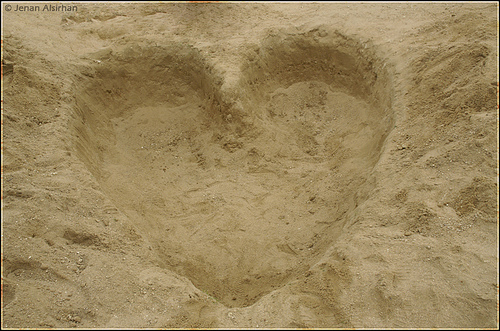FWP:
SETS
SHAME/HONOR: {3,5}
VEIL: {6,1}
For extensive commentary on this whole very unusual ghazal, see {139,1}.
Nazm and Bekhud Dihlavi seem sure that the beloved actually
killed herself. The double meaning of ;xatm as both
'culmination' and 'end' is nicely deployed, as is that of rusvaa))ii
as both 'disgrace' and 'revealedness' (on this see {20,9}).

Nazm:
That is, having hidden herself from people, she gave me a promise of faithfulness for her lifetime; but from the shame of disgrace, she also killed herself [halaak karnaa]. (149)
== Nazm page 149